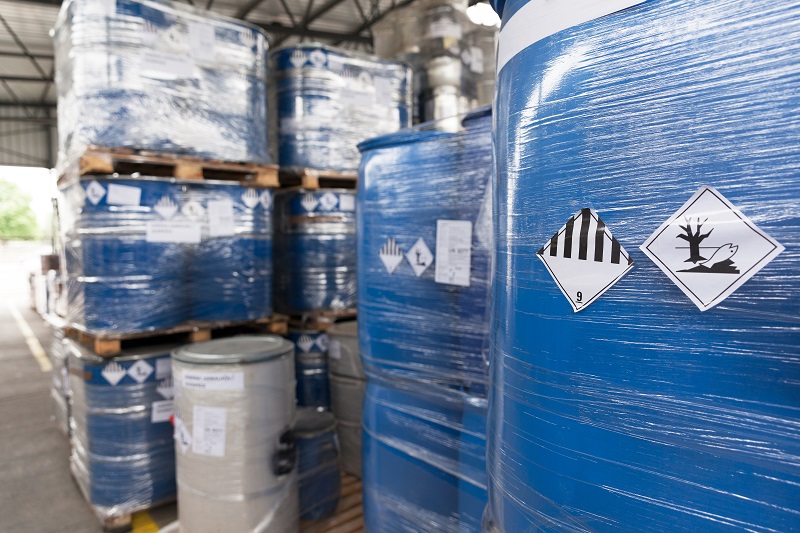CWMP vs Other Programs
While all environmental certifications have value, waste management certification is doubtlessly one of the most vital. Hazardous waste training is intimately linked with the Resource Conservation and Recovery Act, a piece of 1976 legislation designed to protect people and the wider environment from pollution, and conserve energy and natural resources. Not only do violations of the RCRA run the risk of injuring the population and the planet itself, but they can also incur civil or criminal judicial actions from the EPA, state agencies, and impacted individuals. Proper procedure matters.
There are many different kinds of hazardous waste training and certification, including the Certified Waste Management Professional (CWMP) designation offered by NREPSM. But what are the differences between the CWMP certification and those offered by other organizations? We'll explain more in the following sections.

Overview
As the NREPSM CWMP application explains, "Certified Waste Management Professional [certification] is designed to credential professionals responsible for waste minimization and pollution prevention, the voluntary standards and programs related to hazardous waste management, the management and transportation of hazardous wastes, the treatment, storage and knowledge of disposal facilities for hazardous waste and the reporting and record keeping pertaining to hazardous waste and non-hazardous solid waste." It is an intentionally broad certification designed to both prepare professionals for every eventuality and to demonstrate their competency in dealing with hazardous materials.
Other kinds of waste management certification are typically narrower in their aims. In fact, many seek to do little more than satisfy federal or state education requirements or provide initial compliance with the RCRA. While admirable goals in and of themselves, such programs fail to provide environmental professionals with full-orbed training for the rest of their careers.
Minimum Requirements
CWMP certification has several different kinds of minimum requirements. In order to be included as an approved NREPSM professional, applicants will need to have completed certain educational and professional requirements.
In contrast, other sorts of hazardous waste certification have no minimum requirements for participation other than a professional position that requires the training for compliance with EPA regulations.
Educational Background
If applicants would like to receive CWMP certification from NREPSM, they will need to have completed HAZWOPER 40 HR training or a bachelor's degree from an accredited institution of higher learning.
Most kinds of hazardous waste training that focus on RCRA compliance do not have an educational prerequisite. However, they do require hazardous waste certification if an individual would like to teach the program.
Work Experience
CWMP certification simultaneously instructs professionals about the best practices in waste management and acknowledges their professional accomplishments in the field. That's why NREPSM requires a minimum of five years of work experience in some kind of waste management related field, work experience for which applicants cannot substitute education.
Professional requirements for other kinds of hazardous waste training vary wildly. Many do not require any sort of experience, instead settling on simply having the applicant employed in a position that requires hazardous waste education.
Application Process
The NREPSM application process involves submitting a $300 application fee and providing information such as your employer, work history, educational level, and a personal photo. Other programs require a fee ranging anywhere from roughly $600 to $900. However, they require less disclosure of personal and professional information.
Evaluation Process
Other sorts of hazardous waste programs will offer a follow-up review and a basic quiz to determine competency. However, CMWP will also include NREPSM review of an applicant's educational and professional competencies in addition to his or her performance related to the program itself.
Why the CWMP is the Superior Choice for Most Professionals
Most hazardous waste programs play a vital role in ensuring that companies comply with the stipulations set forth in the RCRA. These include understanding and implementing the RCRA regulations in 40 CFR Part 262, properly marking and storing hazardous waste, and appropriate recordkeeping and reporting. Such stipulations are an important part of an environmental professional's work — but they cannot serve as the foundation for a career.
While CWMP certification certainly addresses the compliance issues required by law, those are far from the only items our training covers. That's because becoming a hazardous waste professional requires much more than simply adhering to official guidelines, as important as they might be. The NREPSM certification prepares professionals for a lifelong career, which is why it's the superior choice. Contact us to learn more today!
